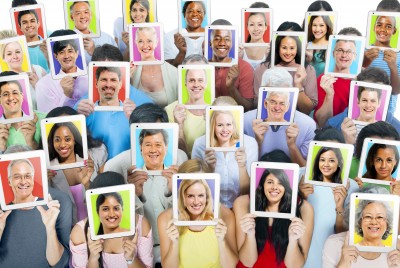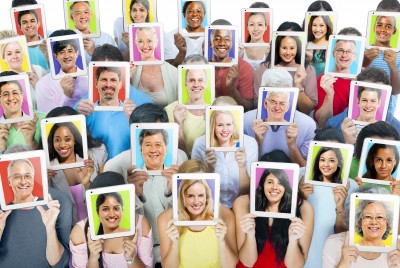Senior Care Professionals- Four Tips to Develop Cultural Sensitivity


As the world becomes increasingly ethnically blended senior care professionals are called upon to care for people from diverse cultures. This is true in hospitals, clinics, long term care, hospice and home care. To create person centered senior care it’s important to develop multicultural sensitivity while respecting cultural differences of individuals, families and groups.
Decades ago I worked as an occupational therapist at an Iowa hospital. One day my supervisor called a meeting about a new patient—not something that typically triggered a meeting. But this was not a typical patient. He was the elder of a gypsy family. The hospital was making preparations to accommodate what tradition dictated in gypsy culture. The entire extended family would stay on the premises during the elder’s hospitalization. I admire the way the hospital handled the situation. For days this family lived in campers in the parking lot in addition to several people staying in the hospital room night and day. I was fascinated by all this even though I didn’t understand it. I’m glad the hospital set such a good example and honored the needs of this patient while demonstrating cultural sensitivity.
Cultural competence is the ability to relate to and provide services for people from cultures and traditions other than one’s own. Lots of things make up a person’s culture and world view. Ethnicity, family heritage, spiritual tradition, beliefs about illness and well being, views of death and dying, food beliefs, family structure, language and non-verbal communication are a few such influences.
Four Tips to Develop Cultural Sensitivity
- Experts in the field of transcultural nursing as well as professional chaplains suggest we first identify your personal cultural identity. Recognize your social roles, spiritual self-knowledge, cultural heritage, personal habits and attitudes. Your own influences determine how you think and behave socially and in the workplace.
- Identify the cultural mix in your own community. The cultural tapestry of Miami is different than in San Francisco or Des Moines or the Appalachian mountains. What shapes the tapestry where you live?
- Generalize, rather than stereotype. To stereotype is to apply a belief or attitude to everyone in a cultural group, for example “all Hispanics do this” or “all Chinese think that”. To generalize is to have a basic understanding about a culture and use that knowledge as a starting point to then learn more about a person, family or group. You don’t have to be an expert about cultures to become more sensitive and competent. Accurate basic information is a good start.
- Practice authentic listening. Listen with your ears, eyes, heart and mind. Authentic listening is paying attention in the moment. Information gathered in the moment guides right action.
Person centered senior care fosters a holistic approach. Factoring in the needs of people from a range of cultures seems logical. Do service providers encourage cultural competence and sensitivity? Share your experience!


